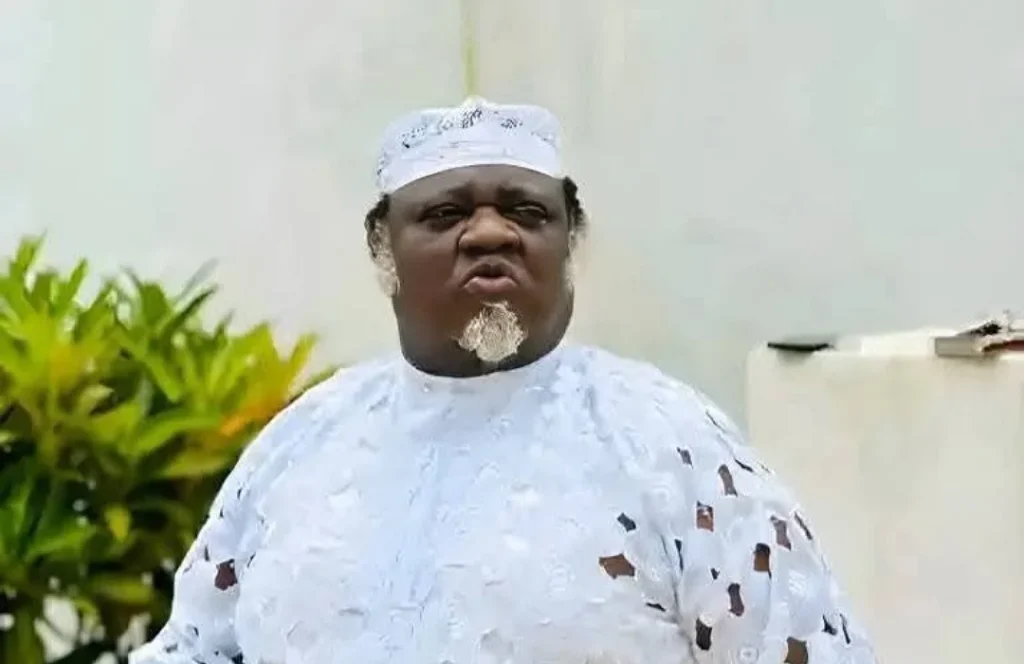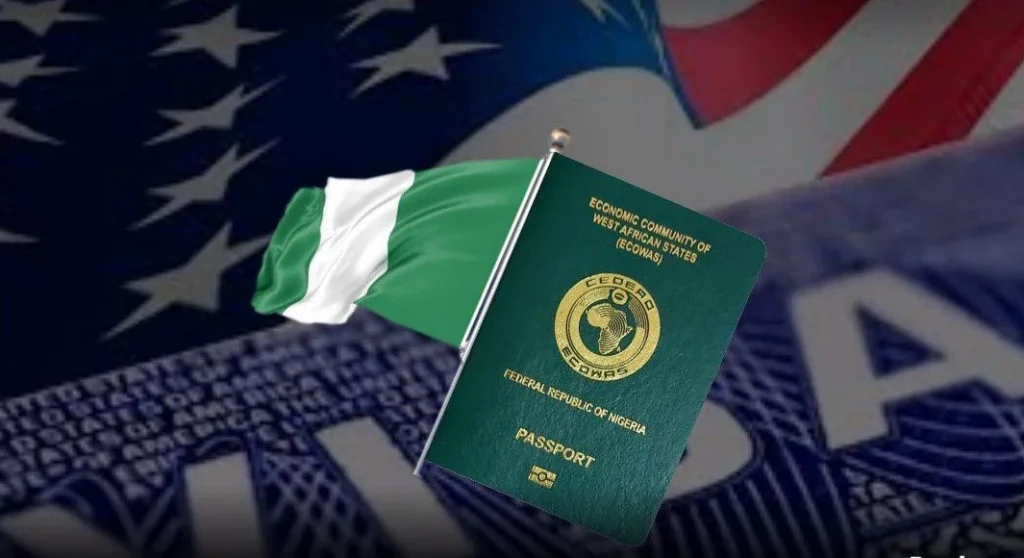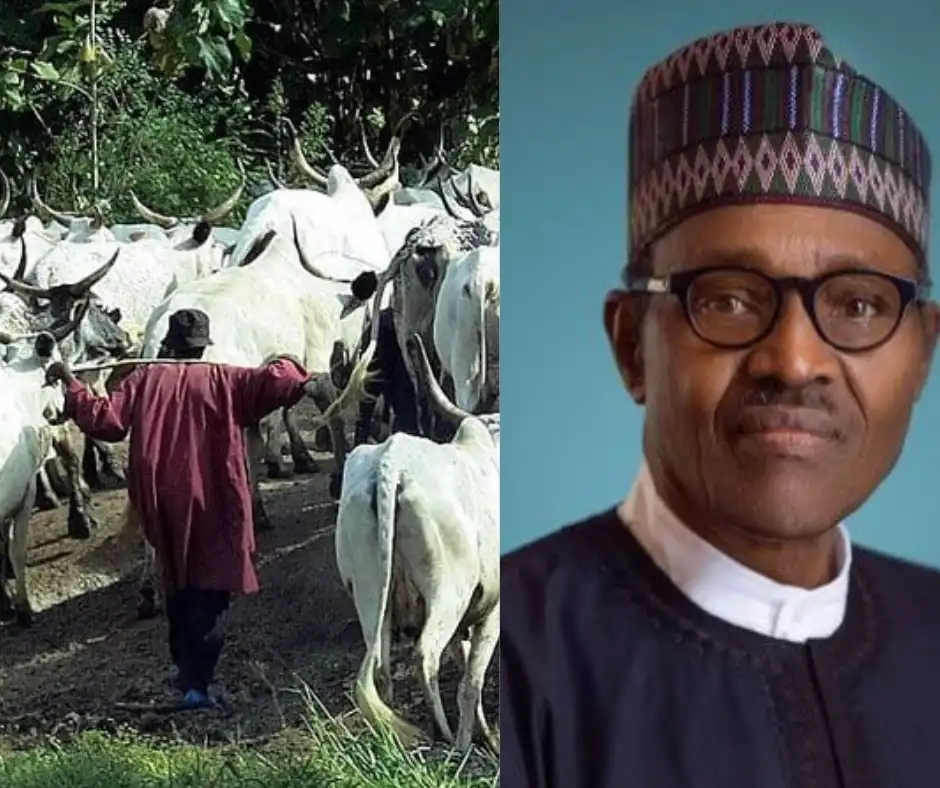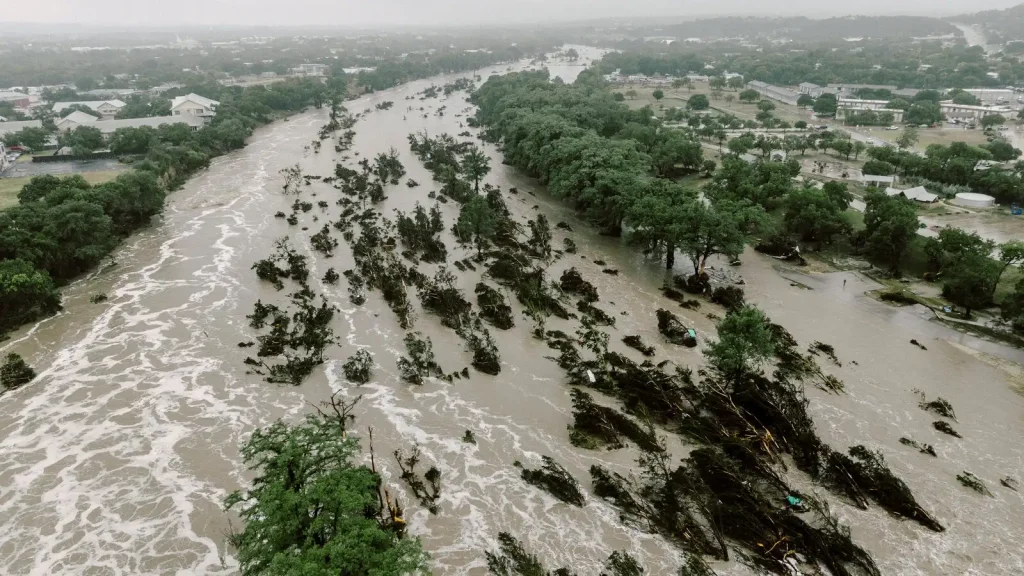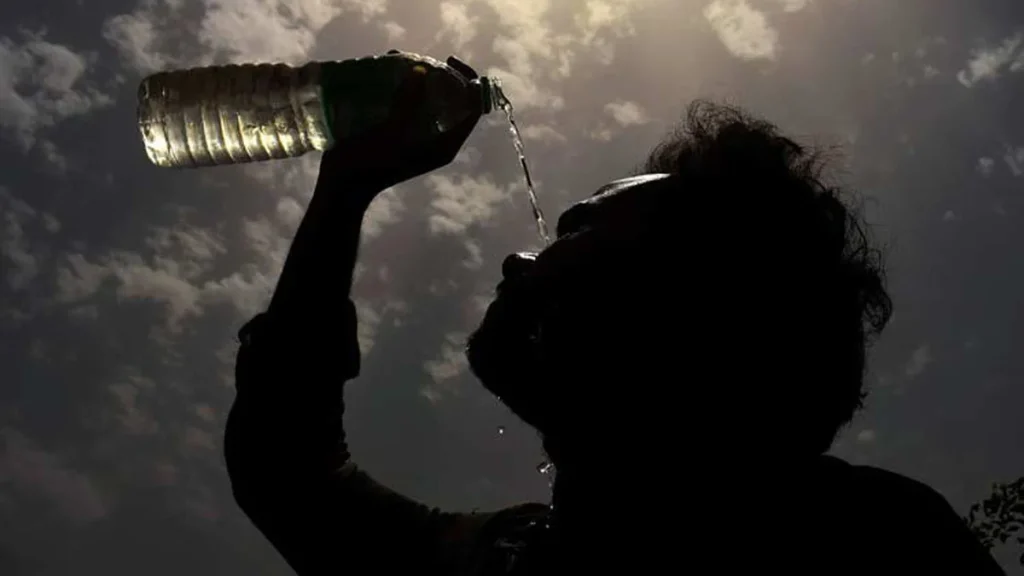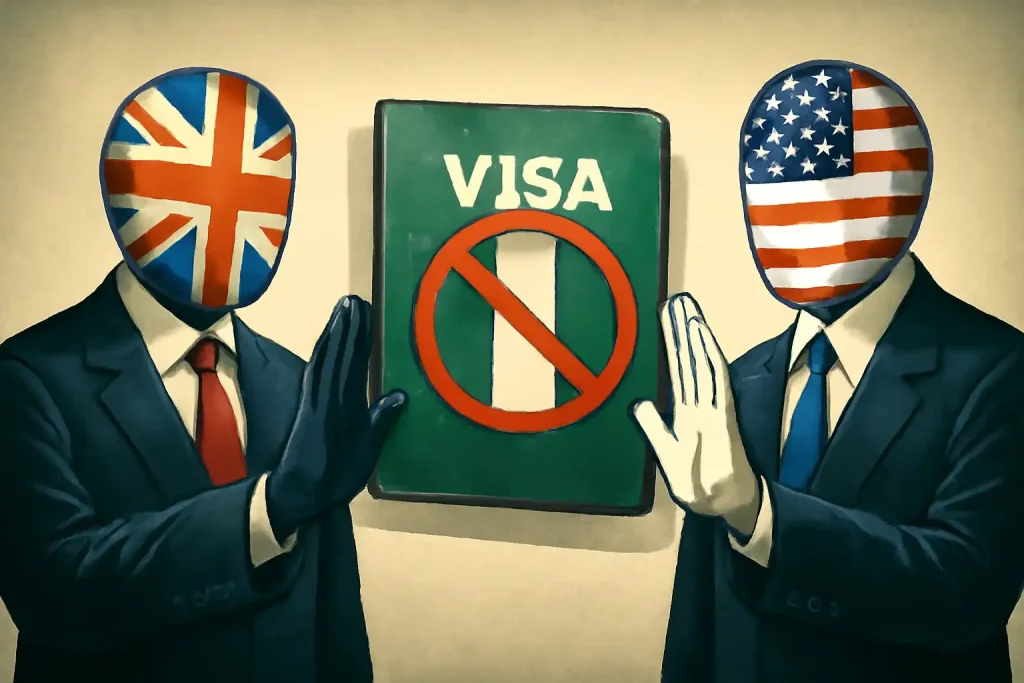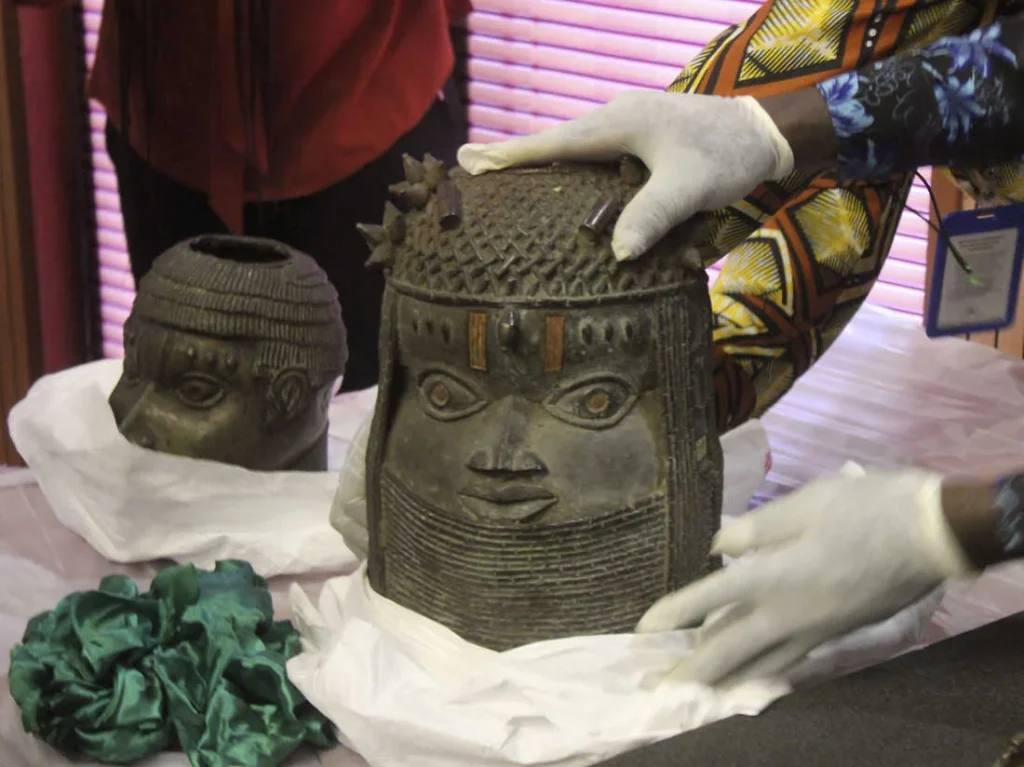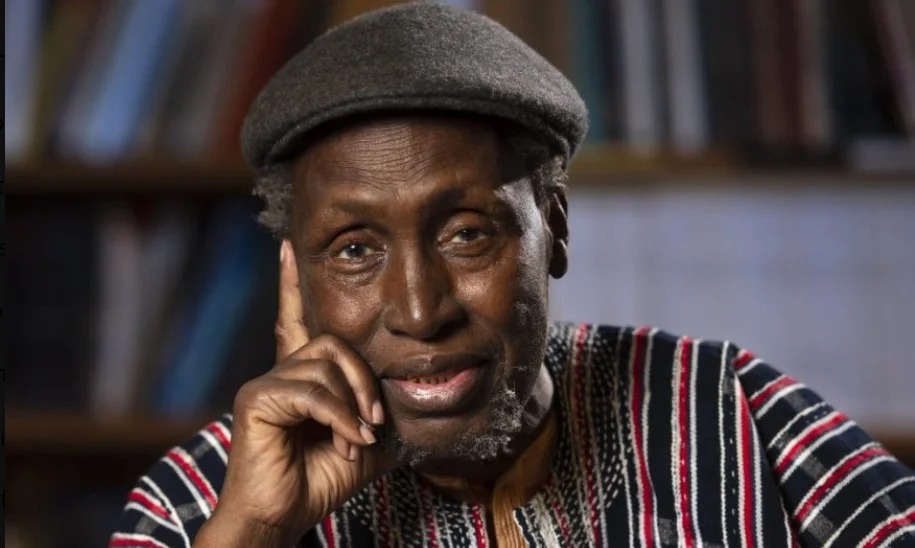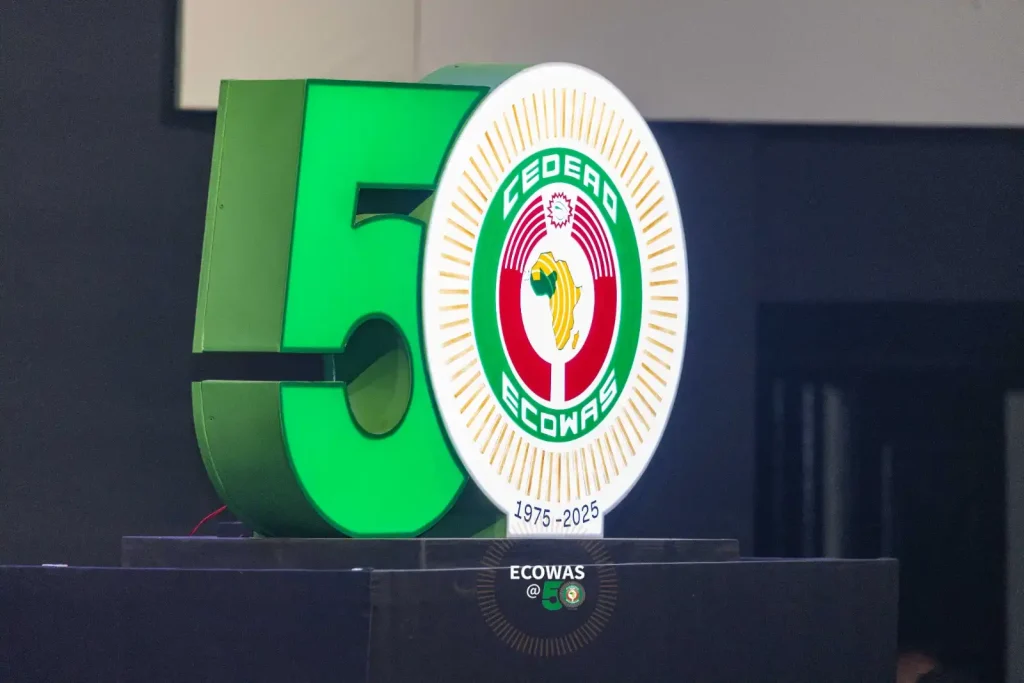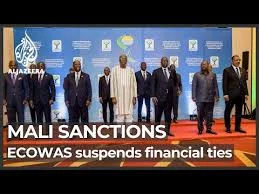 On January 9, 2021, the Economic Community of West African States (ECOWAS ) sanctions on Mali marked a pivotal moment in the region’s political landscape. ECOWAS imposed these sanctions following Mali’s second military coup in less than a year, after the Malian military seized power on May 24, 2021. This military action led to the removal of interim President Bah Ndaw and Prime Minister Moctar Ouane, prompting ECOWAS to escalate its response to the situation.
On January 9, 2021, the Economic Community of West African States (ECOWAS ) sanctions on Mali marked a pivotal moment in the region’s political landscape. ECOWAS imposed these sanctions following Mali’s second military coup in less than a year, after the Malian military seized power on May 24, 2021. This military action led to the removal of interim President Bah Ndaw and Prime Minister Moctar Ouane, prompting ECOWAS to escalate its response to the situation.
The sanctions, designed to express disapproval of the military’s actions and to pressure the junta to restore constitutional order, included a travel ban on the coup leaders, the freezing of their financial assets, and the suspension of Mali from all ECOWAS governing bodies. Prior to imposing these measures, ECOWAS had attempted diplomatic efforts to mediate the crisis. However, the junta’s failure to commit to a swift return to civilian rule led to the imposition of the sanctions.
ECOWAS, a regional bloc comprising 15 West African member states, emphasized that the sanctions were necessary to uphold democratic governance and ensure political stability within the region. In a statement, the organization urged Mali’s military leaders to prioritize national reconciliation and commit to a clear timeline for a return to civilian rule. ECOWAS also expressed its willingness to collaborate with the international community to support Mali in navigating its ongoing political and security challenges.
In response to the ECOWAS sanctions on Mali, the Malian junta, led by Colonel Assimi Goïta, defended its actions, stating that the coup was necessary to address Mali’s worsening security situation and rising political discontent. Goïta promised to restore stability to the nation but failed to specify a timeframe for when civilian rule would be reinstated. The junta also criticized ECOWAS for not fully understanding the complexities of Mali’s internal issues, particularly the growing threat posed by jihadist groups operating within the region.
Reactions to the sanctions were mixed among the Malian population. Some citizens supported the military’s actions, arguing that the previous civilian government had been ineffective in tackling Mali’s security crisis. Others viewed the sanctions as detrimental to Mali’s already fragile economy and its standing within the international community.
As the situation unfolded, various international organizations, including the African Union (AU) and the United Nations (UN), called for dialogue and a peaceful resolution to Mali’s political crisis. ECOWAS remained firm in its stance, with the sanctions serving as a critical reminder of the challenges West Africa faces in its quest for democratic governance and regional stability.
In the wake of the ECOWAS sanctions on Mali, uncertainty continued to shroud the country’s political landscape. Questions lingered regarding the junta’s commitment to restoring civilian rule amid ongoing violence and unrest. The international community continued to closely monitor developments in Mali, emphasizing the importance of a collaborative approach to achieve stability and foster democratic governance in the country.


